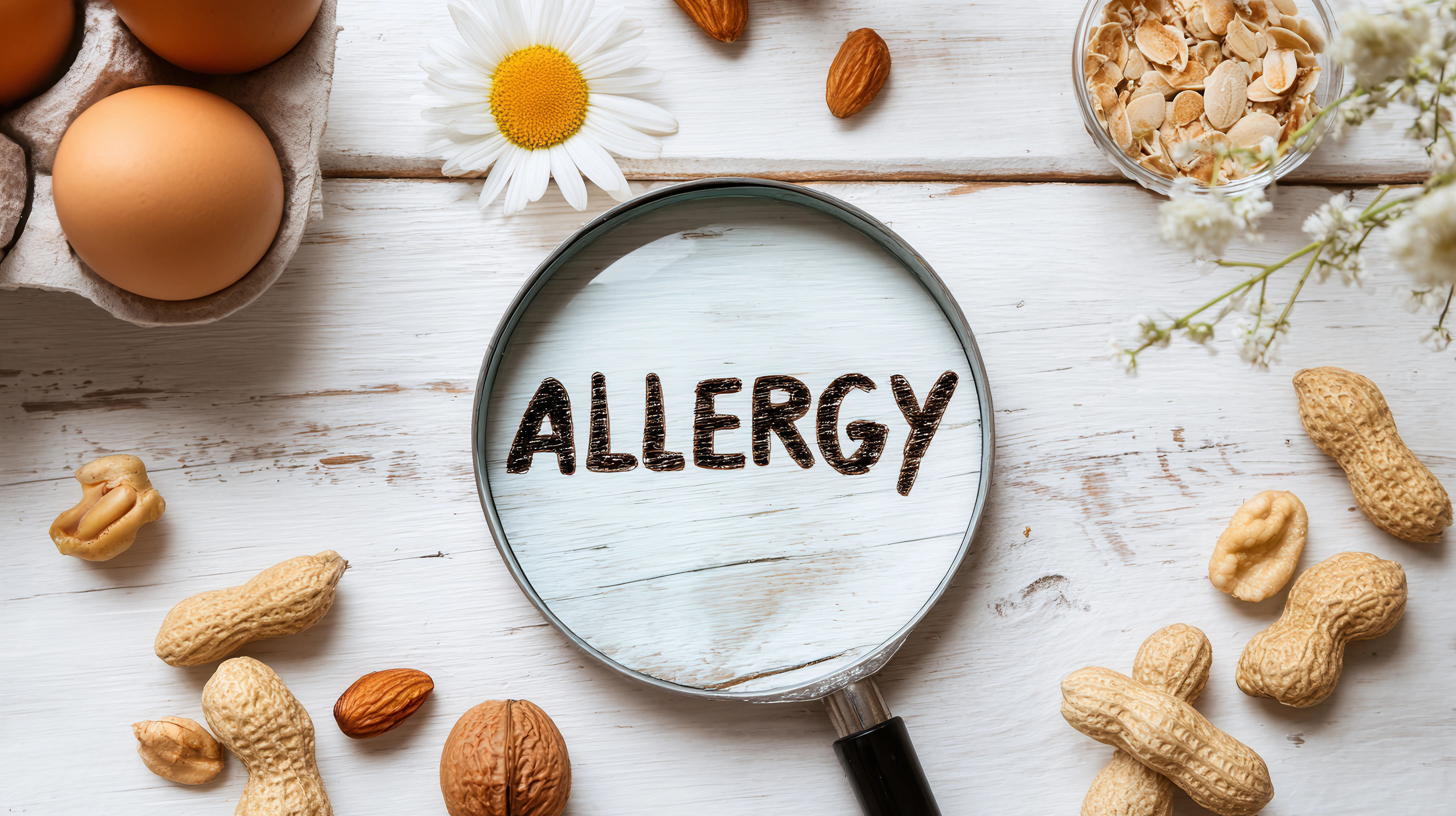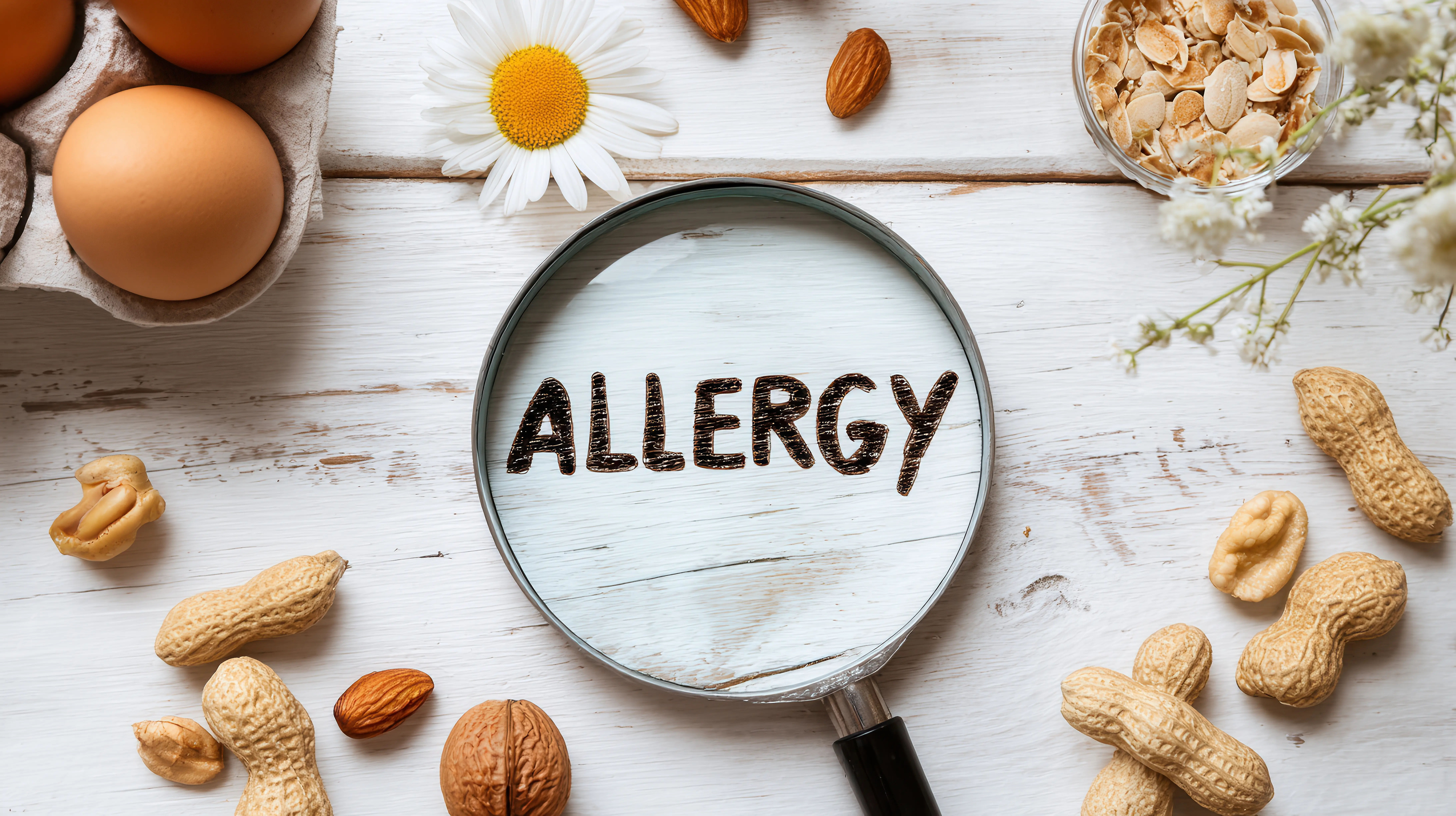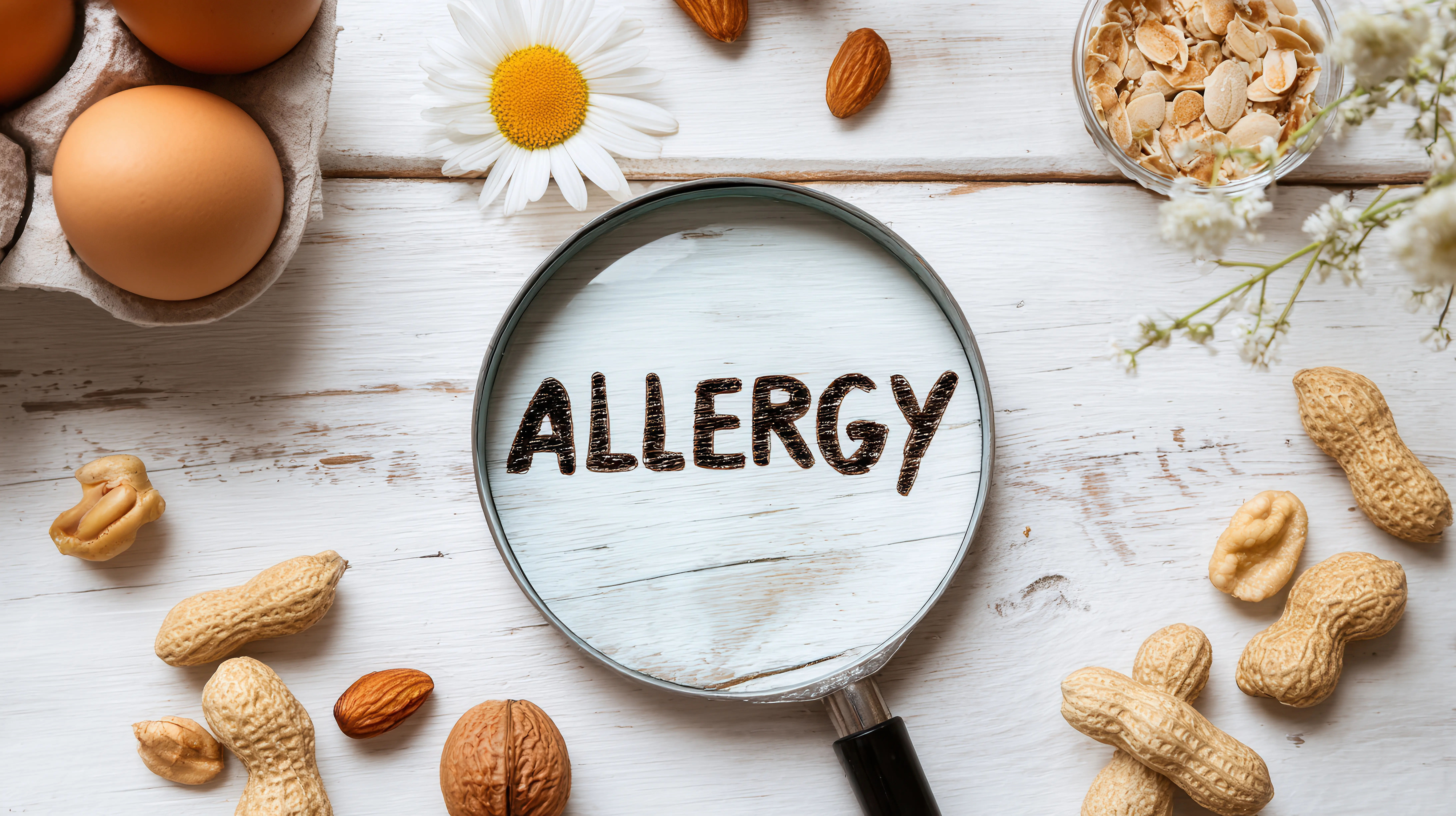- female
- 45 Years
- 20/02/2025
I've been dealing with allergic rhinitis for about 20 years now, and I've tried almost every antihistamine and nasal spray available. I recently came across a nasal spray called Azelast or Arzep, which has an antihistamine named azelastine HCl. I'm curious if it's safe to use this spray whenever I need to since it doesn't contain steroids. Can you shed some light on this?
Answered by 1 Apollo Doctors
no problem you can take
Answered 04/07/2025
0
0

More Allergist and Clinical Immunologist Health Queries
View allI think someone used a mosquito repellent spray in my house, and now I've got a blocked nose and a sore throat. I'm a bit worried and not sure what to do about it. Can you help me figure this out?
don't expose to that
Answered by 1 Apollo Doctors
I've had a cold and sneezing issue for the past 10 years and even had nose surgery but still struggle with dust allergies what could be causing this to persist for so long
allergy could be the probable cause,ent opinion.
Answered by 1 Apollo Doctors
I've been dealing with a persistent cough for months now, alongside sneezing and a runny nose. Initially, I thought it was just a regular cold, but a blood test revealed it's a dust allergy. I was prescribed histafree tablets, which worked for a while, but once I stopped, my symptoms came back. I've seen another doctor who told me theres a nasal allergy leading to a mild airway blockage and wheezing, so now I'm using an inhaler and telecast f tablets. Its been 20 days, and while the sneezing has gotten better, the cough is still sticking around. Is continuing with the inhaler advisable? I'm trying to figure out the best way to tackle this. Any insights?
The sensation of a lump or tightness in your throat is likely due to: 1. Globus sensation (a harmless condition) 2. Acid reflux 3. Tonsillitis 4. Muscle tension Consult an ENT specialist for a proper evaluation and diagnosis. In the meantime, try: - Gargling with warm salt water - Avoiding acidic or spicy foods - Managing stress through relaxation techniques
Answered by 1 Apollo Doctors
Disclaimer: Answers on Apollo 247 are not intended to replace your doctor advice. Always seek help of a professional doctor in case of an medical emergency or ailment.





